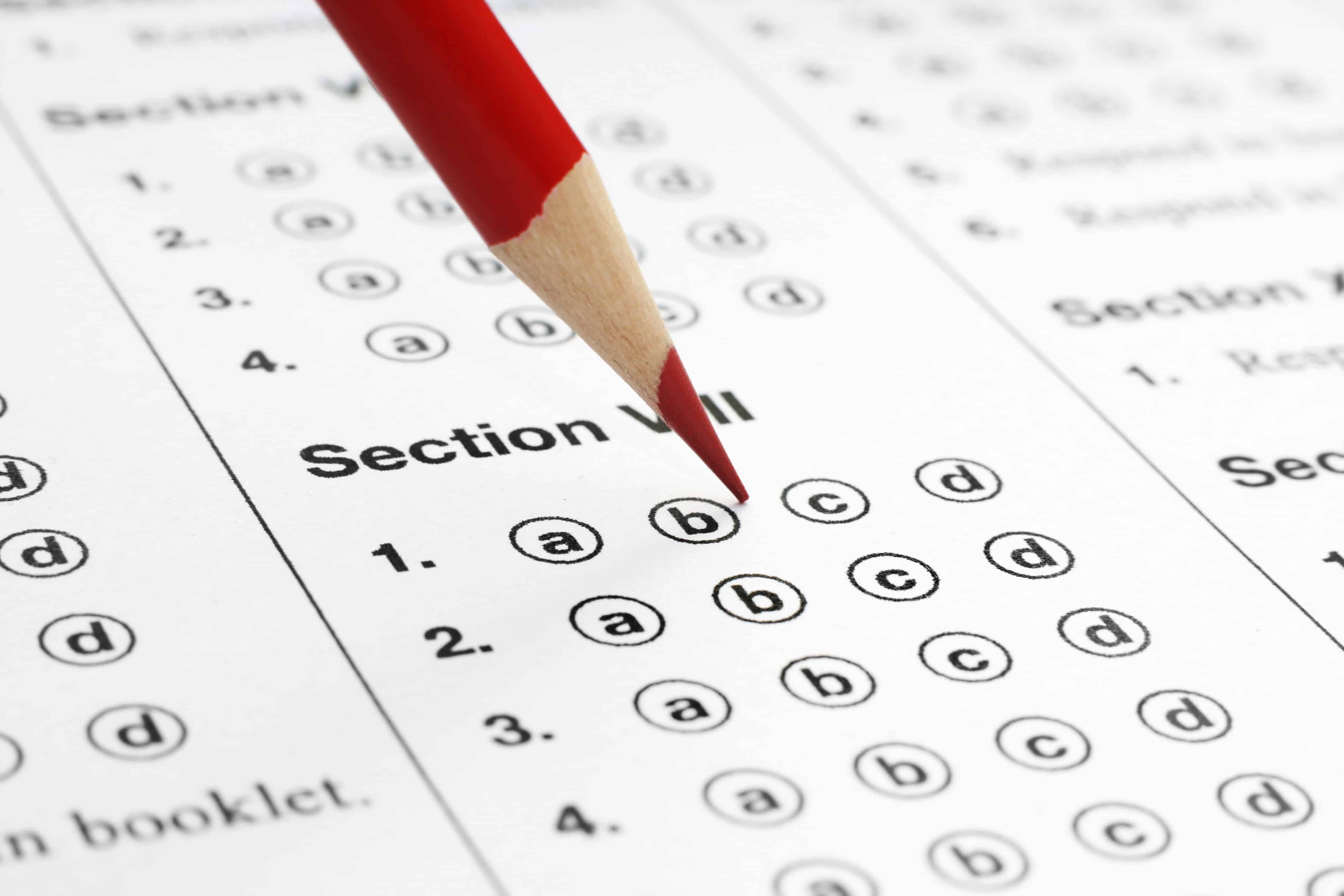Toss a coin 100 times. You are likely to get head around 50 times. So there is a 50 % chance of getting a head or a tail. In other words, the probability of getting a head or a tail is 1/2. The range of probability is 0 (no chance) to 1(100% chance).
Suppose you toss a coin 3 times, what is the chance of getting a head in all the 3 throws. Here the multiplication rule comes to our help. This rule can be applied when the events are independent of each other. Just multiply the probability of the event 3 times.
total probability = 1/2*1/2*1/2=(1/2)^3 = 1/8 = 0.125
The probability of getting only heads 3 times consecutively is 1/8 or 1 in 8. That is , if 8 persons throw the coins 3 times, 'one' may get the head all the three times.
Let us assume that in a multiple choice question, there are 4 choices and one among them is correct. Guessing that correct answer has a chance of 1/4. If there are 10 questions, what is the probability of guessing all the answers right. We know by applying multiplication rule it is (1/4)^10 = 0.0000009536.
By taking reverse,
1/0.0000009536 = 104857
The chance is 1 in 100000. It means, if 100000 students write the 10 questions test, one may get all the answers right by guessing and not applying the knowledge. Hence the examination board is taking a safe bet.
That is why only three tries are allowed in a bank website for entering the password.
So do not take chance, use wisdom.
